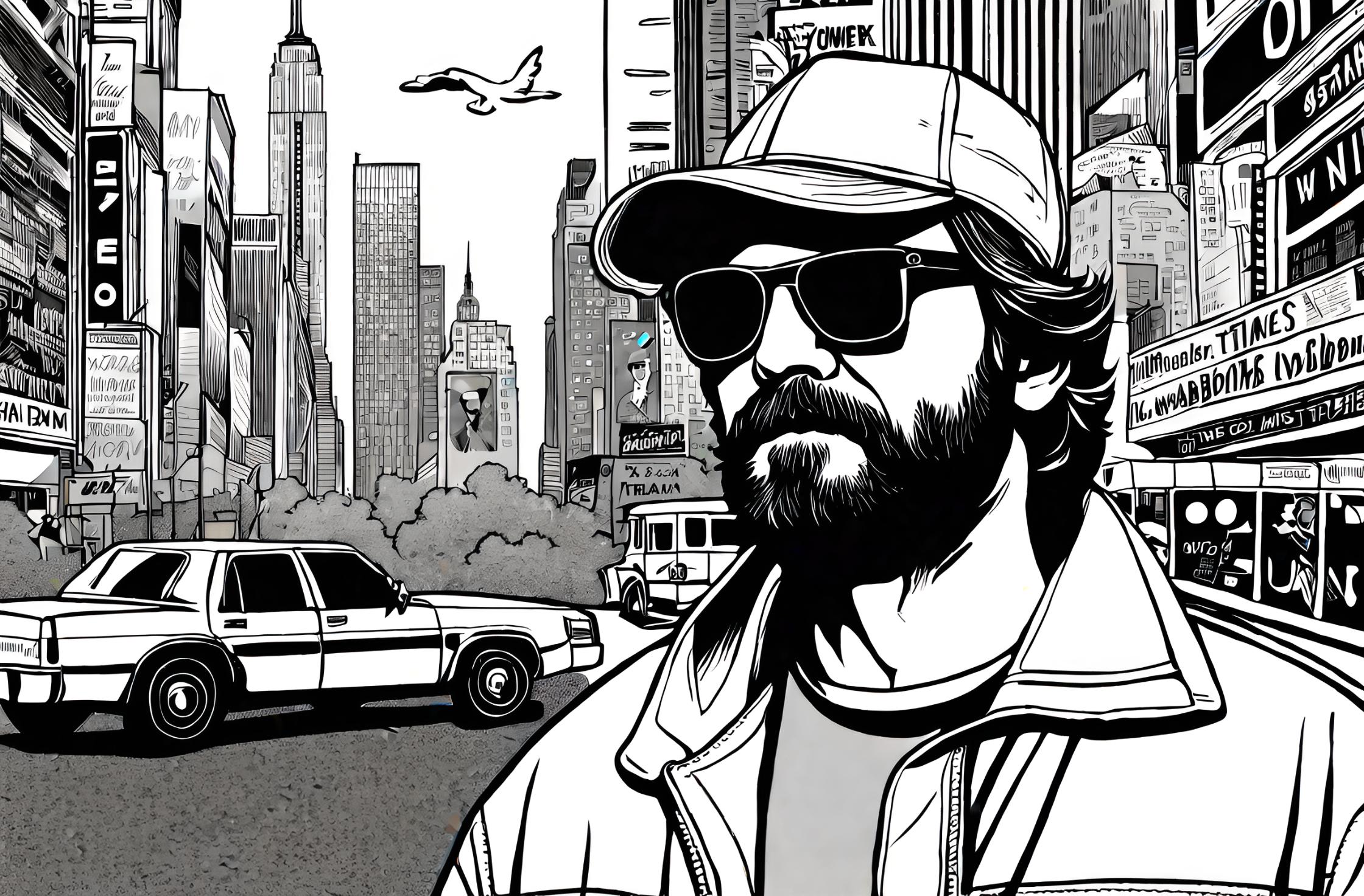Flashback to September 19
American History

On September 19, 1995, a milestone event unfolded in the history of American journalism that continues to be widely discussed today. The Washington Post and The New York Times, two of the most respected and esteemed newspapers in the United States, took a hugely unprecedented step. Simultaneously, they published the manifesto written by an individual who had been terrorizing the nation for nearly two decades, the anonymous bomber known as the Unabomber. This dramatic decision was swathed in controversies leaving its indelible mark on journalistic ethics, public safety, and the fight against domestic terrorism.
The Unabomber, later identified as Ted Kaczynski, had engaged in a campaign of bomb attacks spanning 17 years. These attacks had resulted in multiple fatalities and numerous injuries across America. His string of bombings had led to one of the most extensive and costly investigations in the FBI’s history, but it was the publication of his manifesto that led to his ultimate identification and capture.
Faced with a unique moral dilemma, The Washington Post and The New York Times deliberated over their decision to publish the manifesto, titled: ‘Industrial Society and Its Future’. Kaczynski had demanded this publication, threatening further violence if his terms were not met. This unnerving situation was complicated by the glaring problem of setting a dangerous precedent. Allowing a terrorist to use respected media platforms to propagate his radical ideas went against conventional journalistic principles. Yet, the aspect of public safety was paramount, effectively tying the hands of these newspapers in a major ethical knot.
The 35,000-word manifesto veered away from direct threats and instead delved into a critique of industrial-technological society. It argued that the continuous advancements of modern technology were shackling individuals and stifling their freedoms. Kaczynski brazenly criticized the system, labeling it as counterproductive to the healthy growth of human societies. The heterodox ideas espoused in the manifesto were thought-provoking in and of themselves, potentially finding resonance in many readers, magnifying the already complicated conundrum faced by The Washington Post and The New York Times even further.
Despite the controversy and potential risks, the decision was eventually made to publish the manifesto – a choice backed by the Justice Department, including then FBI Director Louis Freeh and Attorney General Janet Reno. Both publications took the lead, doing so in a judiciously careful manner to avoid broadcasting the philosophy of violence. Highlighting their collective commitment to public safety, they justified their decision as a necessary act of civic duty, in spite of the challenging ethical waters they had to navigate.
In a fascinating twist of fate, this public exposure led to the Unabomber’s downfall. Kaczynski’s brother, David Kaczynski, identified striking resemblance in the content and style of the manifesto with letters his brother had written in the past. After wrestling with his conscience, he alerted the authorities, ultimately leading to the identification, capture, and subsequent imprisonment of Ted Kaczynski.
The decision by The Washington Post and The New York Times to publish the Unabomber’s manifesto remains a landmark episode in the annals of journalism. It brought to the fore critical questions about journalism ethics, the power of media, and their role in society in the fight against crime and violence. Even today, nearly three decades later, the event is discussed and debated in classrooms, newsrooms, and coffee shop conversations around the world. The intriguing saga of Unabomber’s manifesto publication raises valuable insights about the fine line between the duty to inform and the responsibility to protect, both of which lie at the heart of journalism.
We strive for accuracy. If you see something that doesn't look right, click here to contact us!
Sponsored Content

The Washington Post and…
On September 19, 1995,…

American Civil War: Battle…
Experience the history of…

Third Battle of Winchester,…
Experience the tense atmosphere…

US Federal health officals…
On September 19, 1986,…

Pirate Radio Free America…
Experience the groundbreaking moment…

Battle of Freeman’s Farm…
Experience the pivotal moment…

